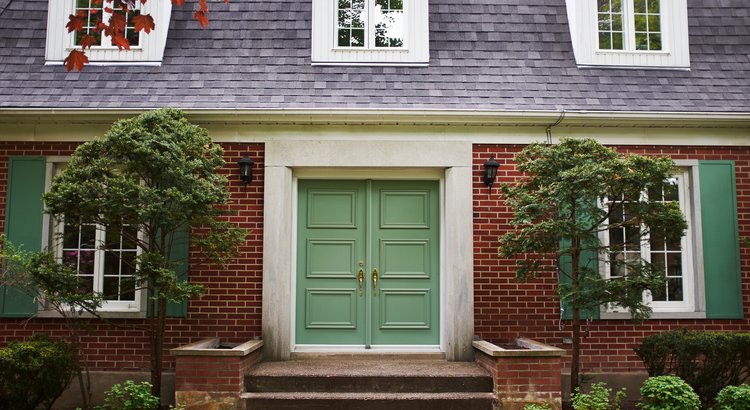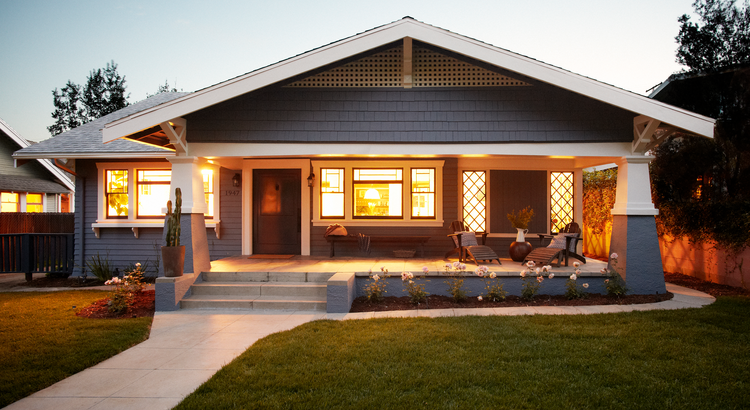Home improvements may not pay off in the long run...

Home improvements are a great way to raise your standard of living and increase the value of your home. While improvements can increase your home's appeal to buyers, it's important to realize that they may not always be a dollar-for-dollar match when it comes time to sell. Let's explore why home improvements aren't always an easy method to raise their worth and what homeowners should consider before making any changes to their property:
Recognizing Home Improvements
Home improvements are an investment in your home, so you should proceed cautiously. Little fixes, cosmetic adjustments, and significant expansions and renovations all fall under the category of upgrades. Some improvements are more expensive than others, and some will have a bigger effect on the value of your house.
It's critical to consider modifications that will increase your home's worth in the eyes of prospective purchasers. Even while they might not be the most exciting improvements, a new roof or HVAC system, for instance, can significantly increase a home's value. Although some purchasers might find other improvements, such a pool or high-end finishes, appealing, they might not add as much value as the expense of installation. This will ultimately come down to whether you've gone above and beyond the neighboring homes.
Dollar-for-Dollar Upgrades: A Myth
The idea that home improvements always raise the value of your home by the same amount that you spend on them is among the most widespread fallacies about them. This misconception, also referred to as the "dollar-for-dollar" myth, may lead homeowners astray.
The reality is that there is a broad range in the return on investment (ROI) for home improvements. While some upgrades might have a ROI of 100% or higher, others might only have one of 50% or less. In other words, while certain improvements may increase the value of your home above the cost of installation, others may not.
For instance, even if you spend $10,000 installing a new roof, you might not be able to get another $10,000 for your house when you sell it. Instead, a number of variables, including the age and condition of the current roof, the local real estate market, and the preferences of potential purchasers, will determine how much value the new roof adds to your home.
Factors Affecting ROI
The ROI of home improvements can be influenced by a number of things. The top a few are listed below:
Location: The local real estate market has a big impact on how profitable house improvements are. Some upgrades could be highly valued in some places while being less so in others. In a warm climate, a pool might be a desirable enhancement, but in a colder environment, it might not be as significant.
Timing: The timing of renovations might affect their return on investment. Your home's worth may not be affected by renovations you make right before selling it as much as improvements you make over time. For instance, prospective buyers might not be as impressed if you install a new windows, if every other home upgraded their windows years before.
Quality: The upgrades' ROI is also influenced by their quality. Your home will likely appreciate more as a result of high-quality improvements than low-quality ones. A high-end kitchen remodeling, for instance, can offer a better return on investment than a simple redesign with subpar finishes.
The age of your home, the size and breadth of the changes, and the tastes of potential purchasers are other factors that might affect the ROI of home improvements. It is generally advised to stay away from trendy finishes, and bright or bold colored paint.
Making Wise Upgrade Choices
Making wise upgrade decisions is crucial for homeowners given the complexity of home modifications and their ROI. Here are some suggestions to bear in mind:
Research: Speak to a Realtor about the local real estate market to determine which improvements are most desired and likely to increase the value of your house before making any changes.
Think about your budget: While some upgrades could have a better ROI than others, it's crucial to take your budget into account and avoid going overboard with purchases that might not provide as much value as the installation fees.
Consider the long term: Take into account how long you intend to stay in your house. It may be more crucial to concentrate on improvements with a larger ROI if you intend to sell your home soon. Although, while they may not have as high a ROI, if you want to live in your house for a long time, it may be worthwhile to spend money on improvements that will enhance your quality of life.
Collaborate with a pro: To better understand which improvements will have the most effects on the value of your property, think about working with a seasoned real estate agent or home appraiser.
Examples of Improvements with varying ROI
Let's look at a few instances to help you better understand the idea of varying ROI for home improvements:
Remodeling your kitchen: One of the most worthwhile improvements you can do because it can have a ROI of up to 85% when done with high-end materials and appliances. The ROI on a simple kitchen redesign, on the other hand, might only be around 60%.
Bathroom remodel: With a ROI of up to 70%, a bathroom redesign can also significantly affect your home's worth. The quality of the upgrades will nevertheless influence the ROI, much like with a kitchen redesign.
Swimming pool: Although a swimming pool may be a desirable amenity for certain buyers, its worth may not always outweigh its installation costs. A swimming pool may occasionally only have a 10–30% ROI.
Roof replacement: Investing in a new roof can significantly increase the value and exterior appeal of your house. The ROI, however, will be influenced by the age and state of the current roof as well as the regional real estate market. An ROI for a new roof can occasionally reach 70%.
A great approach to enhance your quality of life and raise the value of your home is to upgrade it. It's crucial to realize, though, that house improvements aren't always a dollar-for-dollar match when it comes time to sell. Making wise upgrade options that will increase the value of your home without going over budget is crucial because the ROI for home improvements can vary greatly.
You can make upgrades that will be advantageous to you and possible purchasers by researching the neighborhood real estate market, taking your budget into account, and planning ahead. Consult with an expert to determine which improvements will have the greatest effect on the value of your house, and keep in mind that high-quality improvements are probably going to have a better ROI.
The secret to successful home improvements is to approach them with caution and to choose wisely, as this will be to your advantage as well as the advantage of potential purchasers.
Categories
Recent Posts
![Your Homebuying Adventure [INFOGRAPHIC]](https://img.chime.me/image/fs/chimeblog/20231209/16/original_5fa69e75-cebc-430f-95c7-a1662a2ec57f.png)




![3 Reasons To Sell Your House Before the New Year [INFOGRAPHIC]](https://img.chime.me/image/fs/chimeblog/20231202/16/original_64cef848-fc6d-4f30-ba53-0c799b3a5a27.png)




GET MORE INFORMATION

